Introduction
The extant system of solid waste management is not only ecologically and environmentally unsustainable, but also uneconomical and highly inefficient. While the rest of the world is aspiring to go the zero waste way, the Greater Chennai Corporation (GCC) is vehemently rooting for landfills and incineration, the evil twin of centralised waste management that is currently in practice. Besides being unsustainable on several counts, the practice in its current form breeds corruption, lack of transparency and accountability by relying on privatisation of its services. The decentralised model that is being advocated as an alternative to the centralised waste management seeks to address the issues that makes the system highly inappropriate to be pursued in its current form. This alternate zero-waste model precisely represents a holistic vision that every community must aspire to move towards in order to restore the balance in ecology, environment and eradicate corruption in public services.

scroll
Household
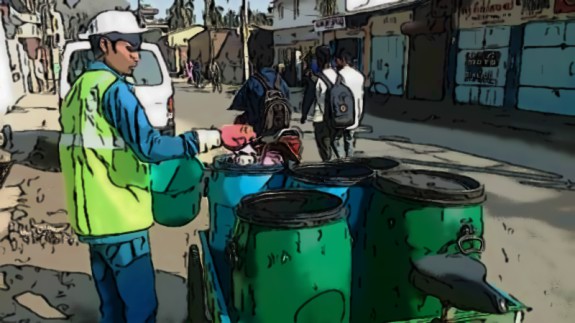
Wet or organic waste forms the bulk of the domestic waste and should be managed on the premises as far as possible. Only recyclables can be accumulated and sold to authorised waste pickers or recyclers. Only residual waste, including sanitary waste, would have to be disposed of by the local government. By segregating and composting organic waste and managing the other dry waste locally, sizeable load is taken off the solid waste that currently goes to the landfills.
Hotels & Restaurants

Hotels and restaurants form the majority of Bulk Waste Producers (BWPs) in any city. The SWM Rules 2016 mandate in-situ management of biodegradable wastes for BWPs while the remaining goes to the informal waste economy or to authorised agents.
RWAs & Market associations
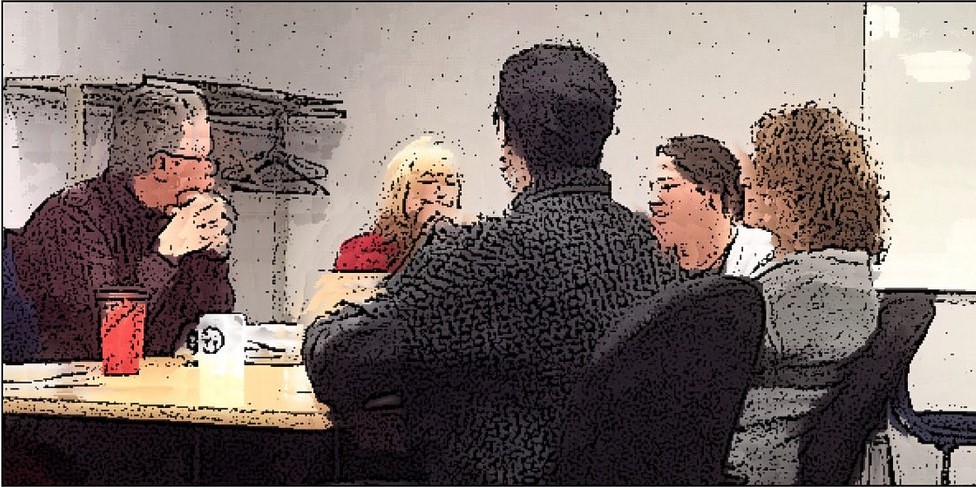
Resident Welfare Associations (RWAs) and Market associations are categorised as BWPs for the amount of waste they generate. Just like the other BWPs, they are mandated to manage their wet wastes in-situ, while flushing out the other dry waste through appropriate formal and informal channels.
Event or gathering of more than 100 persons

An event or gathering of more than 100 persons naturally generates a waste of quantum equal to a BWP. The collection and management mechanism should provide for source segregation and capacity to disintegrate the wet wastes within the premises. The recyclables and residues can be managed by appropriate formal or informal agents when disposed responsibly.
Street sweeping
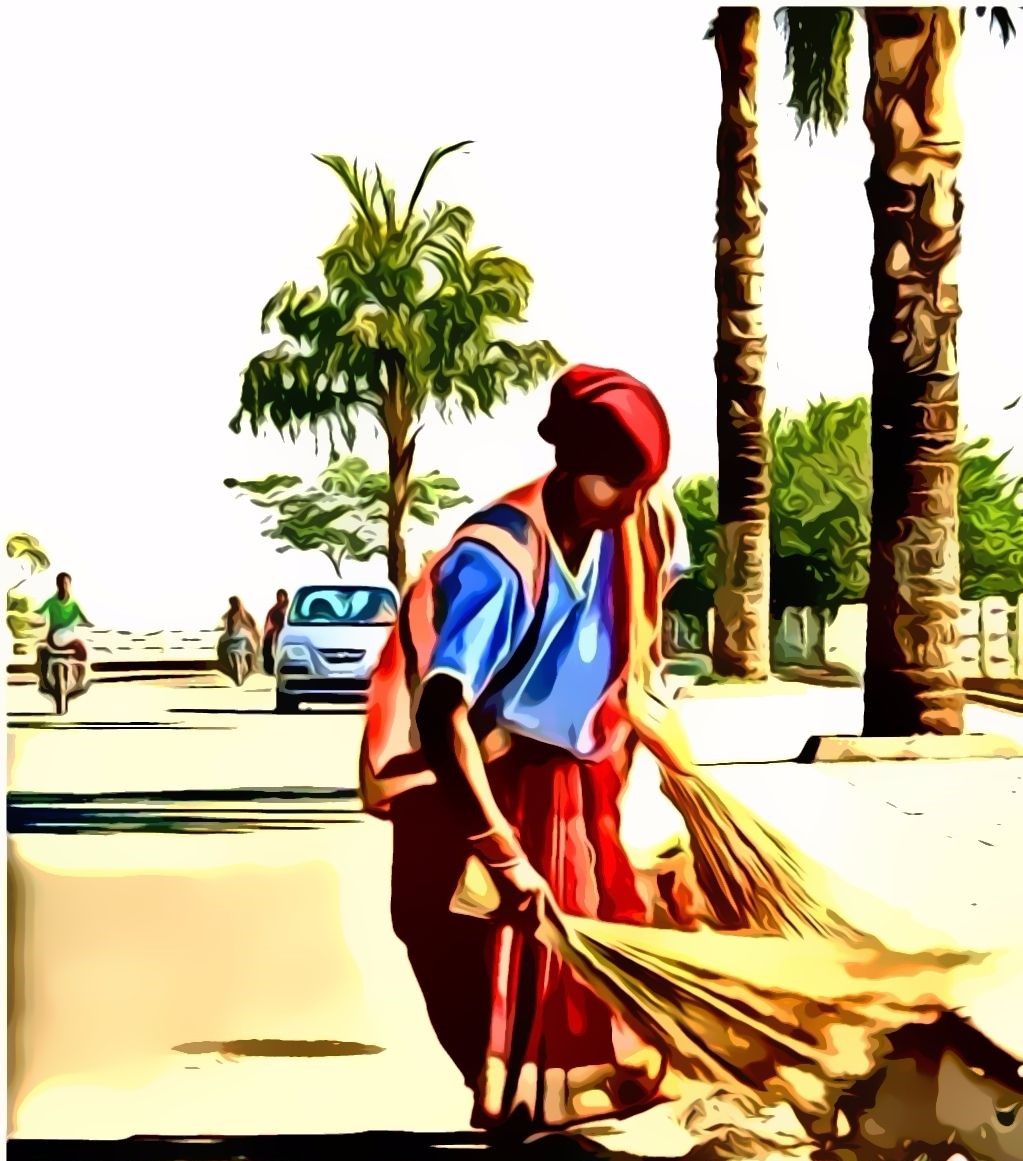
A bulk of waste from street sweeping is typically horticulture waste, which comprises of leaves and branches. The rest of the waste comprises dust and litter which currently renders this waste unusable. This can be segregated to extract usable organic waste such as dry leaves.
Composting on campus
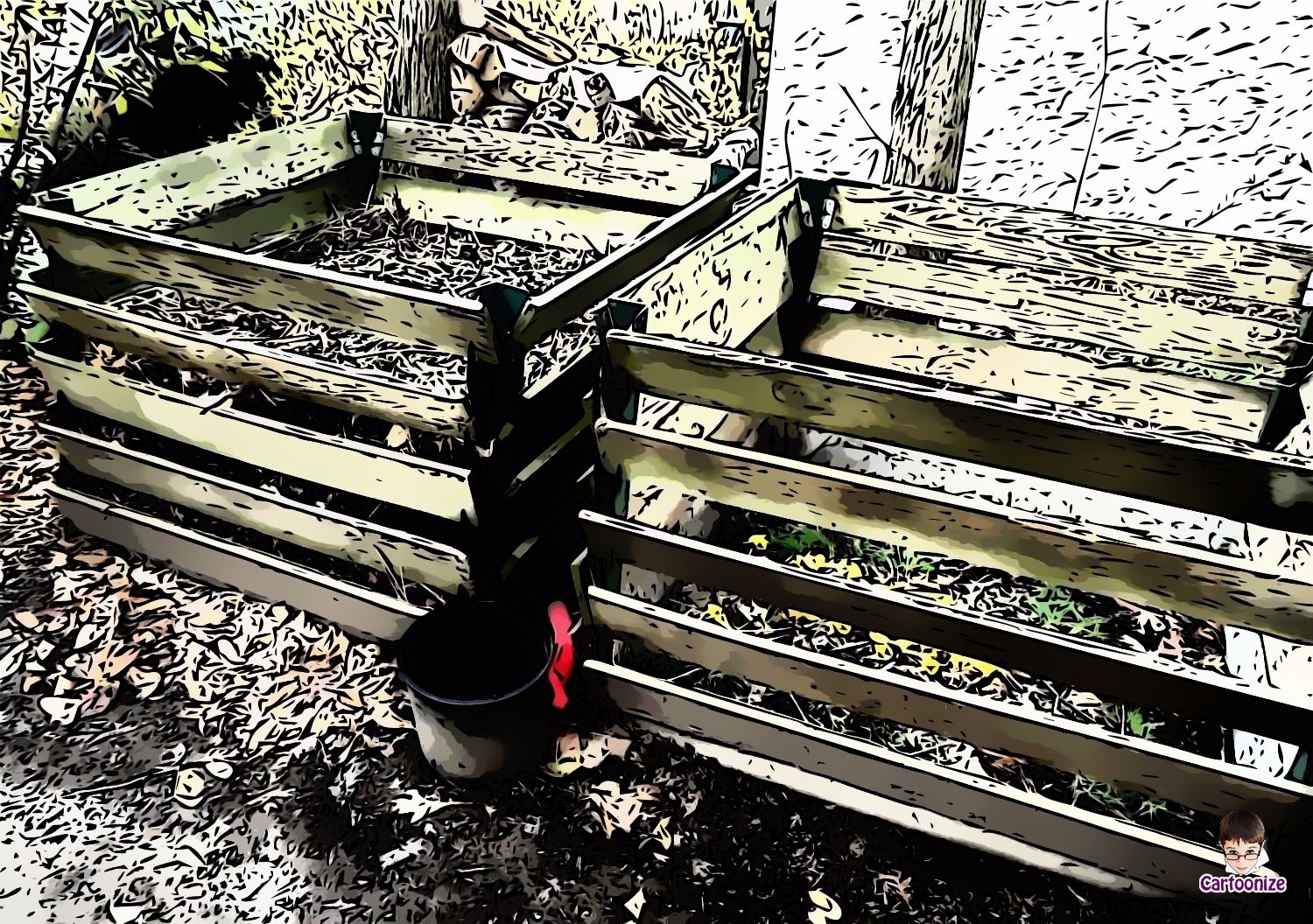
At neighbourhood levels, public spaces like parks, playgrounds and area reserved for open space (OSR) under relevant laws and by-laws can be used to set-up shared facilities for composting or bio gas plants. The dividends can then be distributed equitably to all the members that contribute to the facility.
Scrap shop
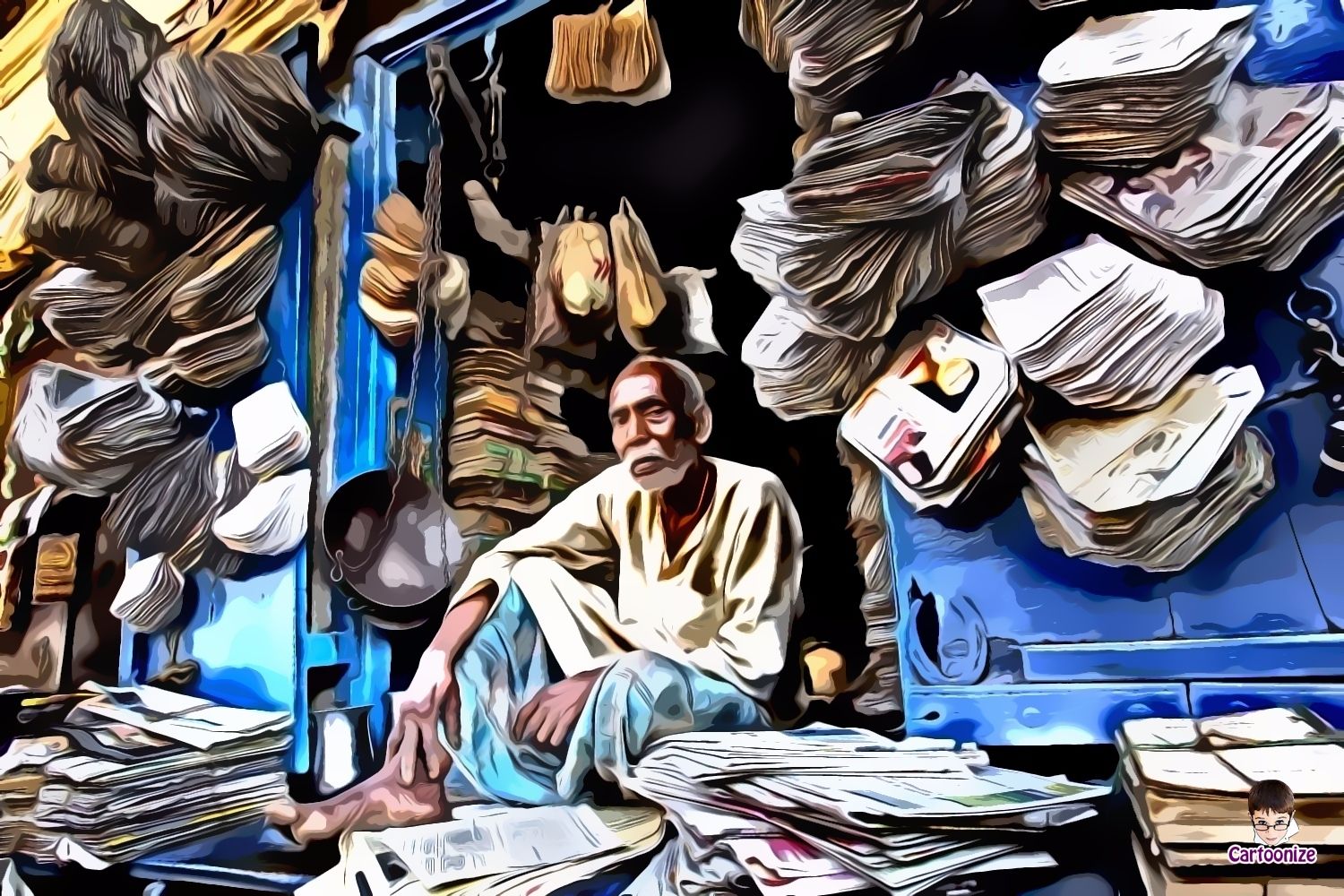
A scrap shop is the first link between the informal and formal waste economies. Informal waste pickers, waste collectors and city residents bring their recyclable waste to scrap shops. They, in turn, sort and segregate waste in different streams and send them to waste aggregators who further sell them to recyclers.
Material Recovery Facility
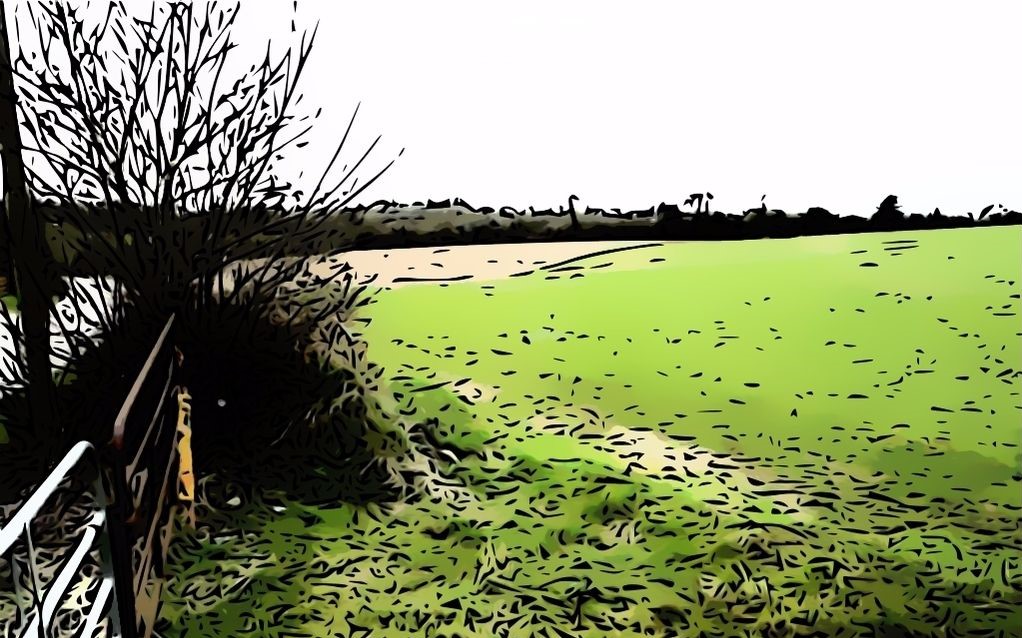
In a decentralised system, the existing transfer stations can be used as Material Recovery Facilities where the bulk is further reduced by selling recyclables. The unusable residue is then accumulated over a period of time and then transferred in bulk to landfills so as to optimise the cost of transportation that is currently both uneconomical and unsustainable.